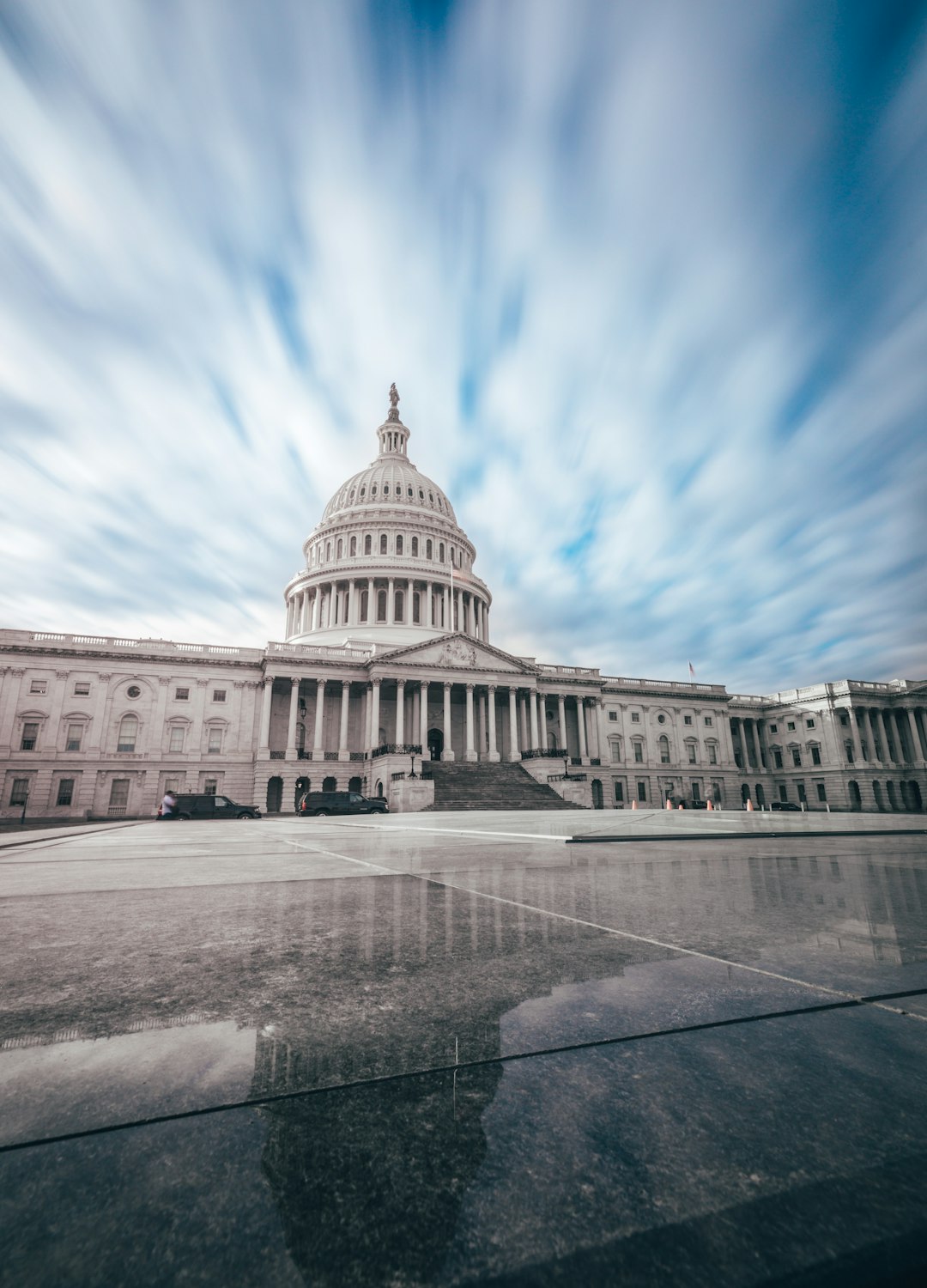Telemarketing from law firms and attorneys has become a pressing issue in Washington state, despite consumer protection laws. Unwanted phone calls, even after enrolling on Do Not Call lists, negatively impact residents' mental health. This paragraph highlights the prevalence of telemarketing, its effects on well-being, and the importance of protecting personal boundaries. It suggests practical steps like registering for "Do Not Call" lists, using call blocking technology, and seeking legal assistance from a specialized Do Not Call lawyer in Washington to combat harassment and prioritize mental peace.
In today’s digital age, telemarketing calls have become an increasingly prevalent yet often unwanted intrusion in daily life, especially in Washington. With countless phone numbers on the market, many residents find themselves deluged with persistent sales and service offers from do not call lawyers and do not call attorneys. This article explores the profound impact of these relentless calls on mental health and presents strategies to combat such intrusions, emphasizing the importance of maintaining a peaceful, stress-free environment for overall well-being.
Understanding Telemarketing and Its Prevalence in Washington

Telemarketing, a practice that involves making unsolicited phone calls to promote products or services, has become increasingly prevalent in Washington state. With the rise of digital communication, many businesses have shifted their marketing strategies towards cold calling, often targeting residential areas across the state. This includes numerous law firms and attorneys who, despite potential consumer protection laws, engage in aggressive telemarketing campaigns. In Washington, residents are protected by laws that restrict unwanted calls from law firms, including those related to Do Not Call lists.
The state has specific regulations regarding telemarketing practices, especially when it comes to legal services. Many consumers find themselves on the receiving end of repeated calls from lawyers and law firms, even after expressing disinterest or putting their number on a Do Not Call list. These unsolicited calls can contribute to increased stress, anxiety, and potential harassment, negatively impacting individuals’ mental health. Thus, understanding telemarketing’s reach in Washington is crucial when considering its effect on residents’ well-being.
The Mental Health Implications of Unwanted Phone Calls

Unwanted phone calls, particularly from telemarketers, can significantly impact an individual’s mental health, especially in a bustling city like Washington. The constant ringing of the phone, often with automated messages or persistent salespeople, can create a sense of irritation and anxiety for many residents. In today’s digital era, where communication is instant and ubiquitous, even well-intentioned calls can feel overwhelming. This issue is exacerbated by the sheer number of do not call lists and legal protections, such as those in Washington state, aimed at preventing unwanted solicitations from law firms or attorneys.
While these measures help protect individuals’ privacy and peace of mind, they also highlight the challenge of managing intrusive phone calls. The stress induced by frequent telemarketing calls can lead to increased blood pressure, sleep disturbances, and a constant feeling of being overwhelmed. For those already struggling with mental health issues, this can be a significant trigger, making it crucial for both individuals and businesses to respect personal boundaries, especially when it comes to do not call preferences.
Strategies to Combat Telemarketing Intrusions for Better Mental Well-being

To combat the intrusions of telemarketing calls and protect mental well-being, residents of Washington can implement several effective strategies. One powerful tool is to register for a “Do Not Call” list with both state and national regulatory bodies. By doing so, individuals ensure that their phone numbers are not shared or sold to third parties for telemarketing purposes. This simple step significantly reduces unwanted calls, fostering a sense of control over one’s personal space.
Additionally, utilizing technology can offer relief. Many smartphones have built-in call blocking features and apps designed to identify and automatically block known telemarketing numbers. Customizing caller ID settings to display numbers anonymously or not at all further protects against identifying unknown callers. Encouraging community members to adopt these measures collectively creates a supportive environment where mental peace is prioritized, ensuring that peaceful moments are free from persistent telemarketing intrusions.






